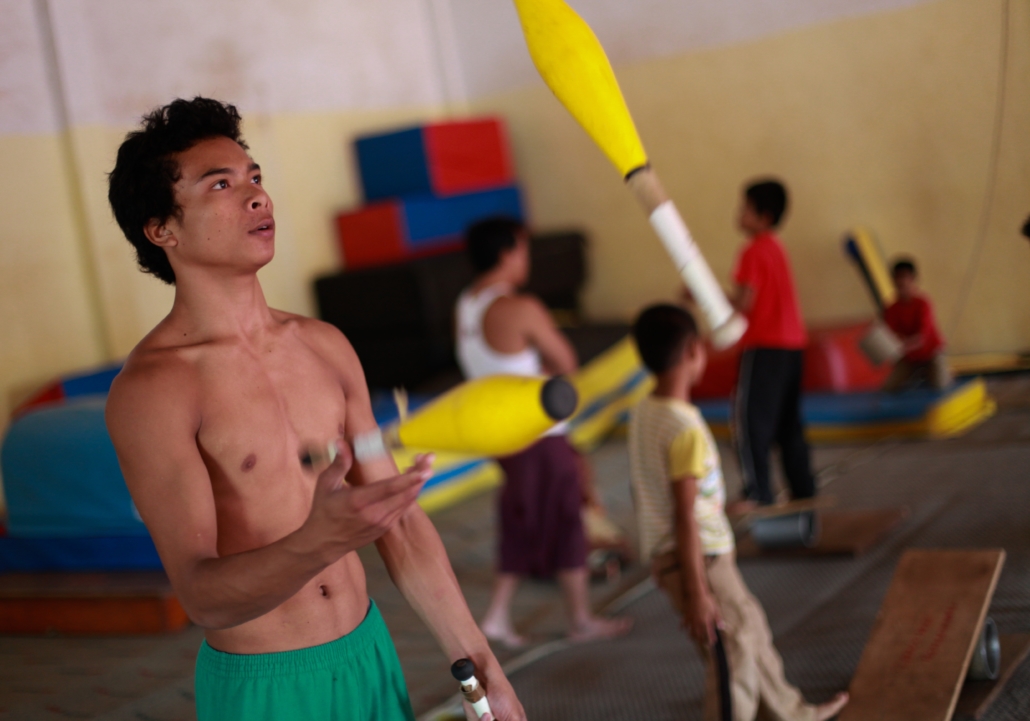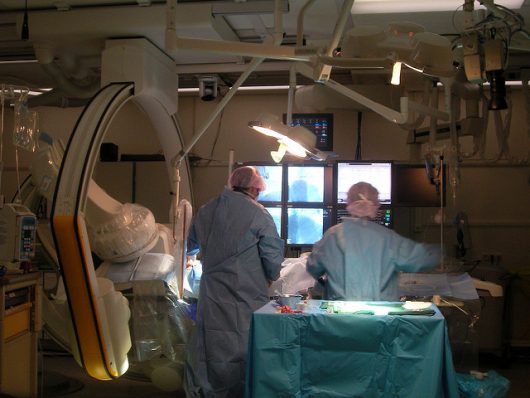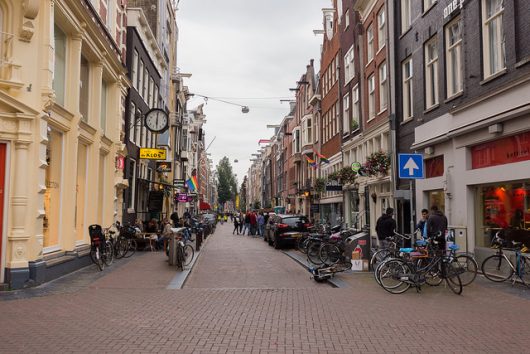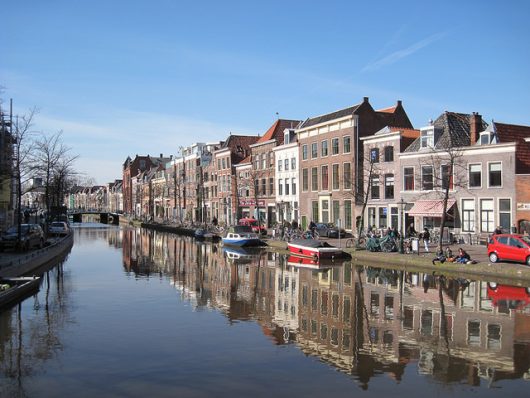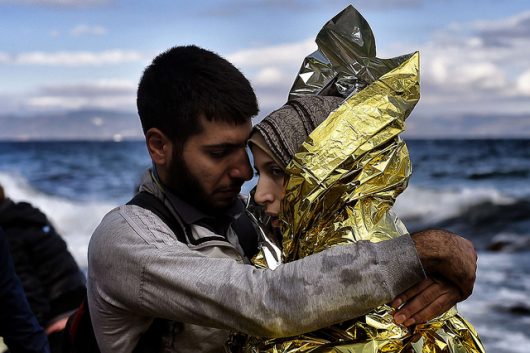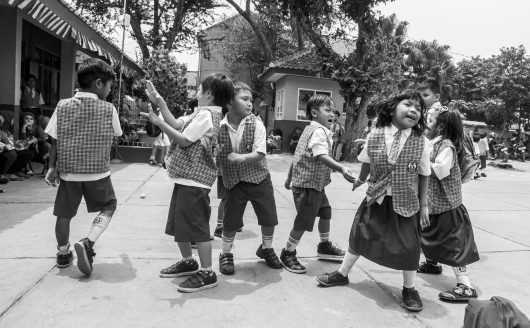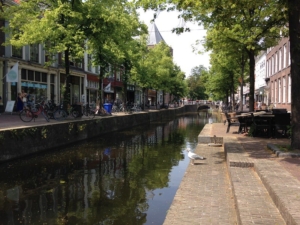 As a high-income European country and one of the most substantial influencers in agricultural viability, as well as one of the foremost exporters of agricultural products throughout the globe, the Netherlands is not a country that the world would easily associate with hunger.
As a high-income European country and one of the most substantial influencers in agricultural viability, as well as one of the foremost exporters of agricultural products throughout the globe, the Netherlands is not a country that the world would easily associate with hunger.
1940s Hunger Winter
Yet, 80 years ago, the Netherlands faced a food scarcity experience that left an indelible stamp on its history. This was the Dutch famine of 1944-45, remembered as the “Hunger Winter,” and was one of the major European famines of World War II. The famine occurred in late 1944 and early 1945 in the urban west of the country, after the southern part of the country had been liberated by the Allies. And it affected “probably the wealthiest, best educated and most mobile victims of any famine in history.” Although mortality was relatively low, the long-term effects were significant. Perhaps it was this experience that has framed today’s approach to hunger by the Dutch.
Poverty and Hunger Today
Since 2018, poverty has decreased in the Netherlands, from 7.1% to 5.1%. This decrease was due to COVID-19 support, compensation for higher energy prices, and an increase in the minimum wage. Nevertheless, in 2023, a third of the poor were in long-term poverty.
The Global Food Security Index 2022 reports that the Netherlands is in the top 5 of 113 countries: affordability (3rd), availability (14th), quality and safety (12th), sustainability and adaptation (13th). Similarly, the Global Nutrition Report indicates that the country is on course for most targets, but off course for childhood overweight and men’s and women’s obesity, and shows no progress or worsening for low birth weight and for anemia for women of reproductive age.
So, although poverty and hunger are not severe in the country, they still must be addressed.
Local Attention to Hunger
In 2002, a small garage-based initiative to address both food waste and poverty began in Rotterdam and has since grown into the Netherlands’ largest volunteer organization, Voedselbanken Nederland, with 14,000 volunteers supporting 178 local food banks. October 2024 was the Week of the Food Banks—coinciding with World Poverty Day and World Food Day. Voedselbanken Nederland estimates that it needs to reach approximately 400,000 more people who are eligible for assistance but have not yet gotten to a food bank. This is an activity of Schuttelaar & Partners, a corporation dedicated to a healthy and more sustainable agrifood system and food choices, and to accelerating the energy transition.
The Netherlands and Global Hunger and Health Initiatives
- Seed Valley. One outgrowth of the Hunger Winter and its loss of over 20,000 lives, was the Netherlands’ investment in agricultural subsidies, industrialization and rural infrastructure with the goal of growing twice as much food with half the resources. This is personified in “Seed Valley,” not actually a valley, but an area of some of the world’s largest seed conglomerates, located an hour north of Amsterdam. The country now produces 6% of Europe’s food on 1% of the continent’s farmland, with a focus on sustainability, including dietary change. The innovations of Seed Valley are aimed at the challenges of climate change and food insecurity on a global level, to rectify the harms of agricultural intensification.
- Global Health Hub. In September 2023, the Ministry of Health, Welfare and Sport and the Ministry of Foreign Affairs joined more than 20 parties in the Dutch Global Health Pact, to improve public health worldwide. The global health strategy includes strengthening national health systems, improving global pandemic preparedness,and addressing the mutual impacts between public health and climate change.
- Optimal Nutritional Care for All (ONCA). ONCA is a European campaign focused on implementing nutritional risk screening and optimal nutritional care in participating countries. The Netherlands is one of 20 participating countries and one of 16 countries that participated in the 2024 Malnutrition Awareness Week (November 11-25). Several online activities include fact sheets and guidelines, a nutrition day, a long-term malnutrition campaign, a campaign to combat malnutrition in older adults and special podcasts.
- 2nd Global Harmonization Initiative World Congress. The 2nd GHI World Congress will be held in Rotterdam, NL June 25-27, 2025. Challenges to be addressed include food security, safety, health and sustainability, as well as disparities in access to safe food, rising hunger, unaffordable healthy diets, adequate dietary intake and diseases and mortality. The role of science and technology will be prominent.
The Netherlands has thus built on its horrific WWII struggle with hunger to become a local and global force for change for food security.
– Staff Reports
Photo: Pixabay


